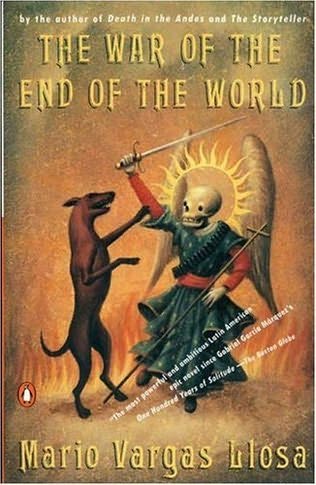Philip Meyer pointed out in an interview that one of the main metrics he uses for gauging whether or not a book qualifies as “literature” is how well it stands up to translation. I hadn’t given much thought to translation before that comment, but I’ve come to really agree with him.
It seems that in order for books to survive not only across languages but also across generations, they need to be constructed such that the heavy lifting is done chapter-to-chapter, rather than sentence-to-sentence. Of course, that heavy lifting also has to be complex and meaningful enough (and contain enough intellectual mysteries) to warrant examination across a wide stretch of time, but literary showmanship has a tendency to lose its luster once it passes more than a decade or so past its construction.
The author who I most often think of when considering this problem of translation is Denis Johnson. He’s still one of my favorites, and Jesus’s Son still knocks my ever-loving socks off each time I read it. However, there is so much in the way of literary pyrotechnics in Johnson’s writing that I can’t see it surviving into other languages while still maintaining its effect. The same goes for Kerouac, who I feel survives so heavily on his style that once you leave the “moment” that he’s describing, it’s hard to find what in his story there is to appreciate. I have a suspicion that Murakami may suffer from a similar affliction. The Wind Up Bird chronicle survives on the strength of its ideas, but the prose comes across as clunky in English.
On the opposite end of this spectrum I’d place Mario Vargas Llosa, whose books are meticulous edifices of idea. There is nothing showy about his prose and nothing pedestrian about it either. He presents an intellectual landscape that develops itself patiently in the space provided. Ian McEwan is another good example. Although much of the aesthetic beauty of McEwan’s writing would likely be lost in translating it to another language, his books would still hold up because their strength is in the way they organize ideas across the space of an entire novel, not in their sentence-to-sentence histrionics.
The middle ground that I can’t make up my mind about is Kafka. I feel like his parables are at least somewhat accessible in English, but he is such a meticulous writer that I worry a greater-than-usual nuance is being lost by taking him out of his native German.

